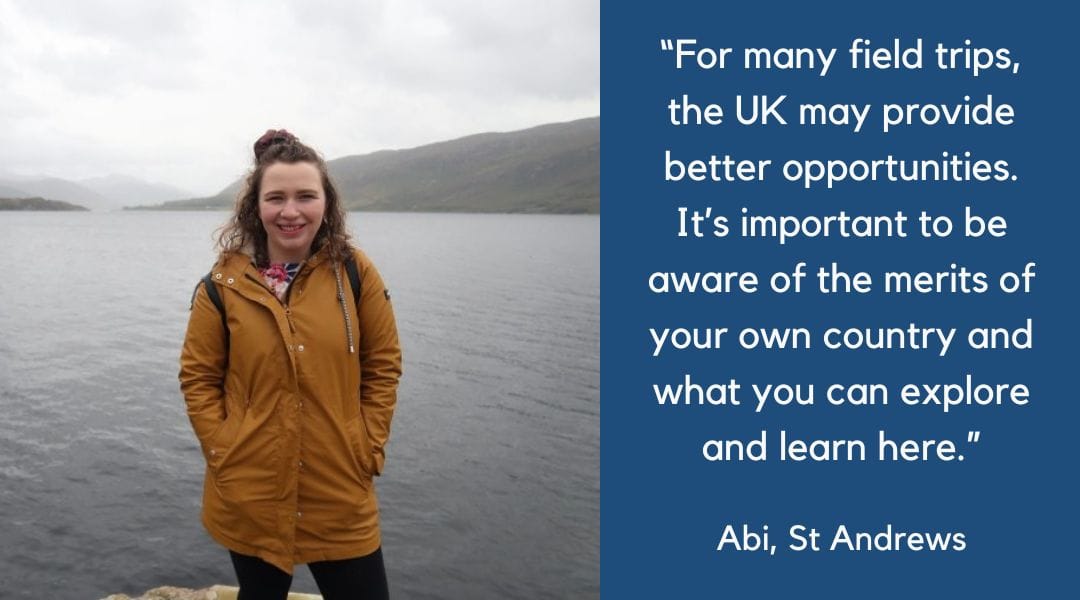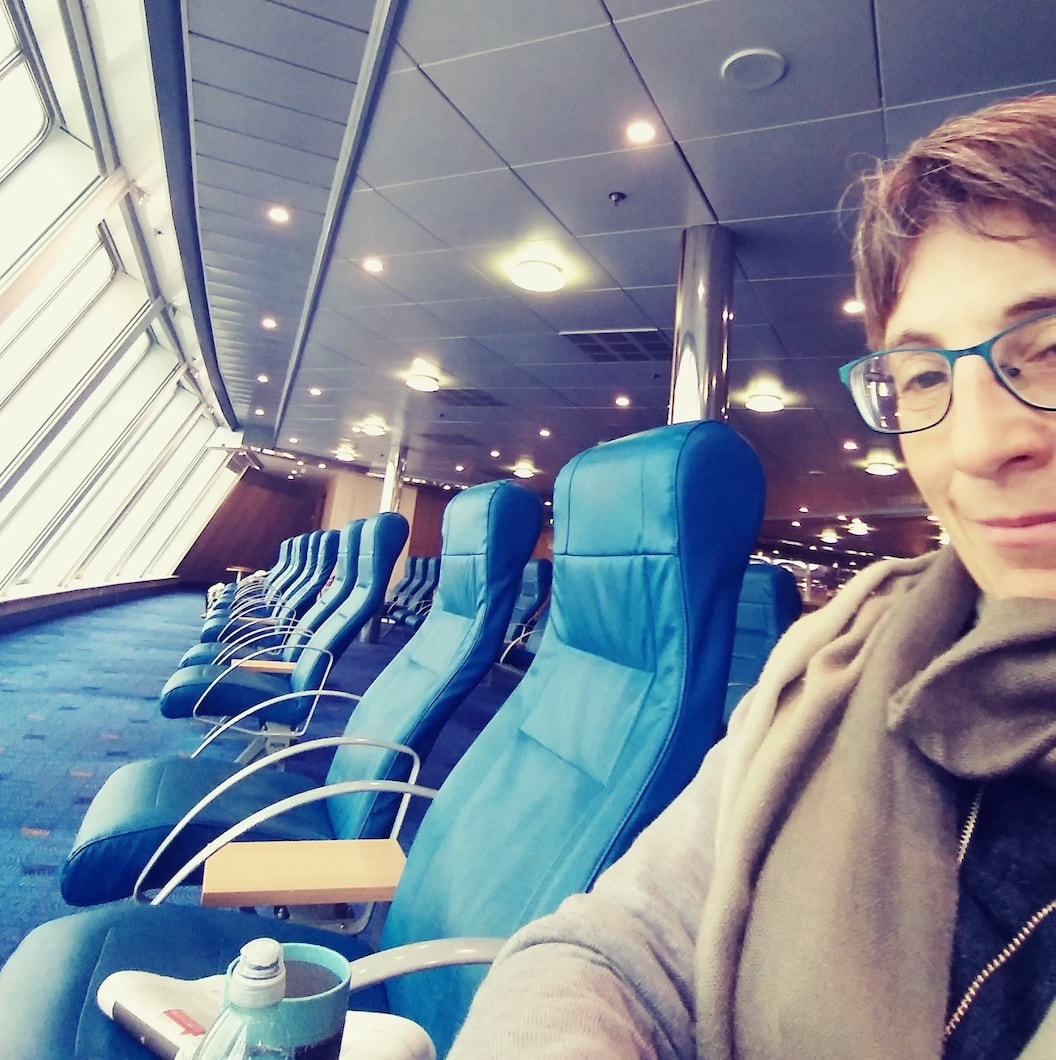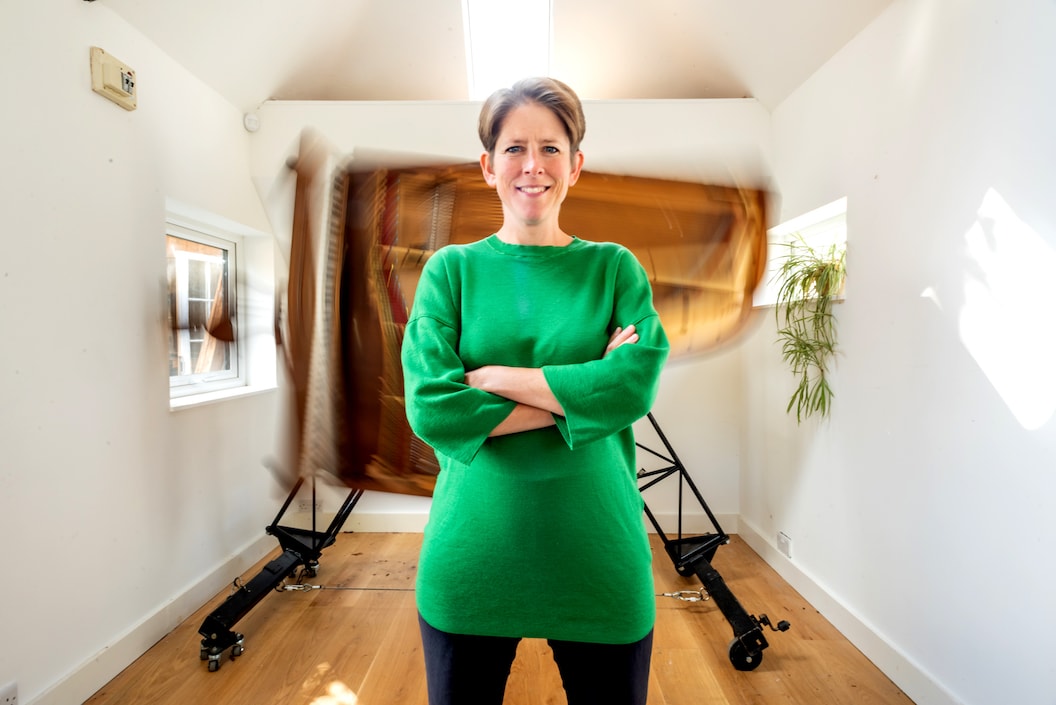
The MSc at Edinburgh was really the only course I wanted to apply for as a masters. There weren't any other degrees like it within the UK.
I knew from the open day that there used to be a trip to France, but it had switched to Morocco a few years back.
Field trips to exotic locations seem to be quite a theme amongst many of the MSc options in GeoScience at Edinburgh, with some going to the Maldives, and areas in South America and Africa.
According to the WWF, a return flight to Morocco would produce 2.2 tonnes of carbon dioxide – equivalent to the annual emissions of the average person in India. I try to do a lot of things to be more environmentally friendly, but that flight alone would have bumped up my carbon footprint for the year by a quarter.
A return flight to Morocco would produce 2.2 tonnes of carbon dioxide – equivalent to the annual emissions of the average person in India.
I told my course director before I had even applied that I would not be attending the field trip because it would involve flying. I was anxious about telling them as it was marketed as a compulsory degree component, and I was scared they would say that I had to go.
To be honest, if that had been the case, I wouldn’t have applied for the course, even though I really wanted to. But they were completely supportive and began planning alternative activities for me. They even looked into overland travel to Morocco but in the end it was decided I would undertake an individual study here in the UK.
I didn't tell the rest of my course-mates that I would not be attending, because I was worried that they would judge me, or that the course director might think I was trying to get other people not to fly.
I only told three close friends, and they were all supportive. It turned out two of them were not keen on attending the field trip either, because of the environmental impact of the flight!
The results of my UK study were fascinating, so I don't regret my decision.
In the end, the results of my UK study were fascinating and were worth course credits, so I don't regret my decision. And it turned out that in Morocco, the drone work that my class was supposed to be doing was not permitted anyway, so they missed out on that experience and learning.
Although exotic field trips are used to sell courses, they really aren't necessary. The geography courses at the University of St Andrews do not rely on multiple trips abroad to attract students, yet they are rated the best for student experience for geography in the UK and are always getting enough applicants.
Field trips have been relied on as a way to sell courses for too long. Students are aware there are more important factors that should shape their education. Universities need to stop relying on exotic trips and highlight whatever else they believe they do well to gain students.
Field trips have been relied on as a way to sell courses for too long.
In addition, there needs to be increased awareness of the alternatives to travelling by plane for university business travel, conferences and field trips. If the pros and cons of flying were presented, it would help people to prioritise alternative travel. When people realise the negative impacts of flying, they're more likely to choose more sustainable methods.
It's somewhat ironic that a university school that focuses on climate change and the impacts of excessive carbon release causes a large carbon footprint through compulsory field trips.
For many field trips, UK alternatives may provide better opportunities. It’s important to be aware of the merits of your own country and what you can explore and learn here.




